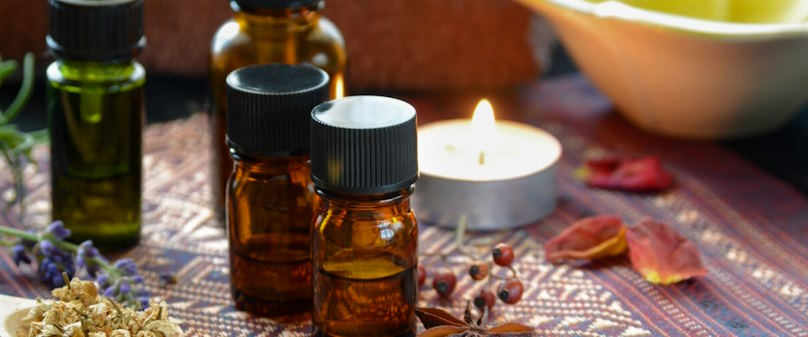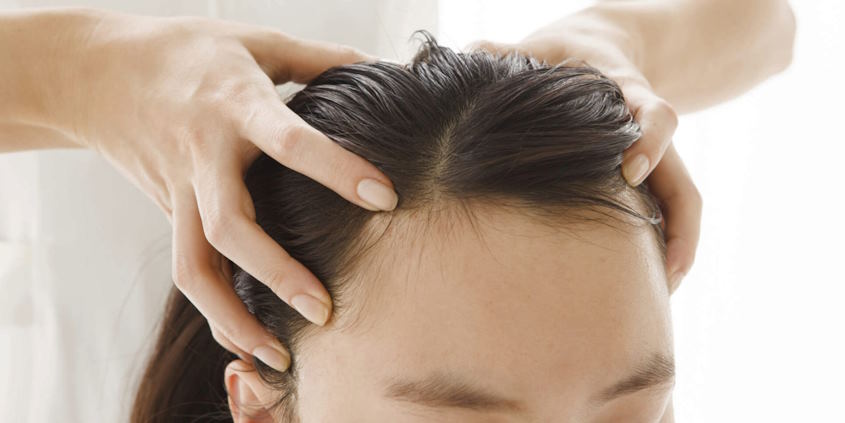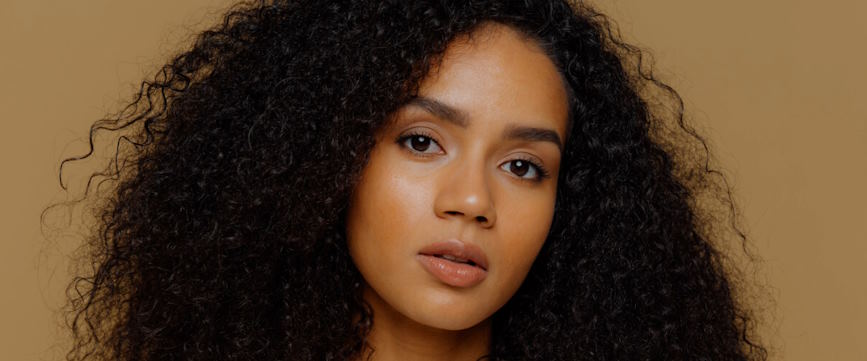People often seek out a myriad of products and practices to enhance their appearance and promote a sense of relaxation and rejuvenation. Among these, aromatherapy has emerged as a popular and holistic approach that harnesses the power of natural essential oils to benefit both the body and mind.
In what way can aromatherapy influence my beauty?
Skin Care
Essential oils used in aromatherapy offer a myriad of advantages for the skin. Their antioxidant properties help combat free radicals, which contribute to premature aging and skin damage. Additionally, their anti-inflammatory effects can soothe irritated skin, reducing redness and inflammation associated with conditions like acne and eczema. Moreover, essential oils possess antimicrobial properties that can help control bacterial growth on the skin, making them effective against acne-causing bacteria.
Hair Care
Aromatherapy influences hair condition by promoting scalp health, stimulating hair growth, improving hair texture and shine, and reducing stress levels.

Stress Reduction
Aromatherapy is renowned for its ability to induce relaxation and reduce stress levels. By inhaling the aroma of calming essential oils such as lavender, chamomile, and bergamot, you can alleviate stress and anxiety, which in turn may prevent stress-related skin issues such as breakouts and premature aging.
Mood Enhancement
The olfactory system is closely linked to the limbic system, which regulates emotions and mood. Aromatherapy can uplift your mood, boost confidence, and promote a positive outlook, which can contribute to a radiant and attractive appearance.
How often should I do aromatherapy?
The frequency of aromatherapy sessions can vary based on several factors, including personal preferences, health goals, and the specific essential oils used. While some individuals may enjoy daily aromatherapy rituals to support overall well-being, others may find that weekly or bi-weekly sessions are sufficient to achieve the desired effects.
It’s important to consider individual sensitivities and responses to aromatherapy and adjust the frequency accordingly to ensure optimal benefits without overexposure. Additionally, consulting with a qualified aromatherapist or healthcare professional can provide personalized guidance on the frequency and duration of such treatments.






